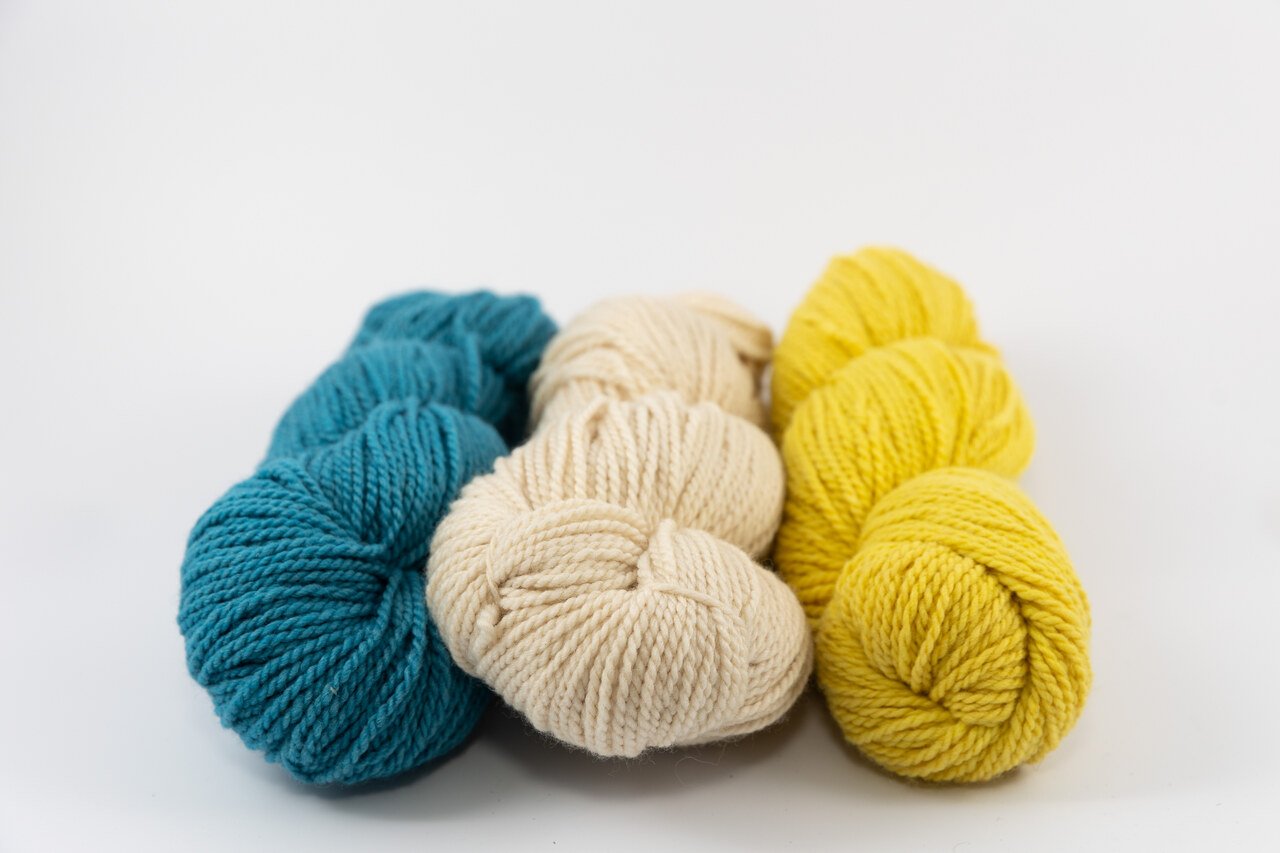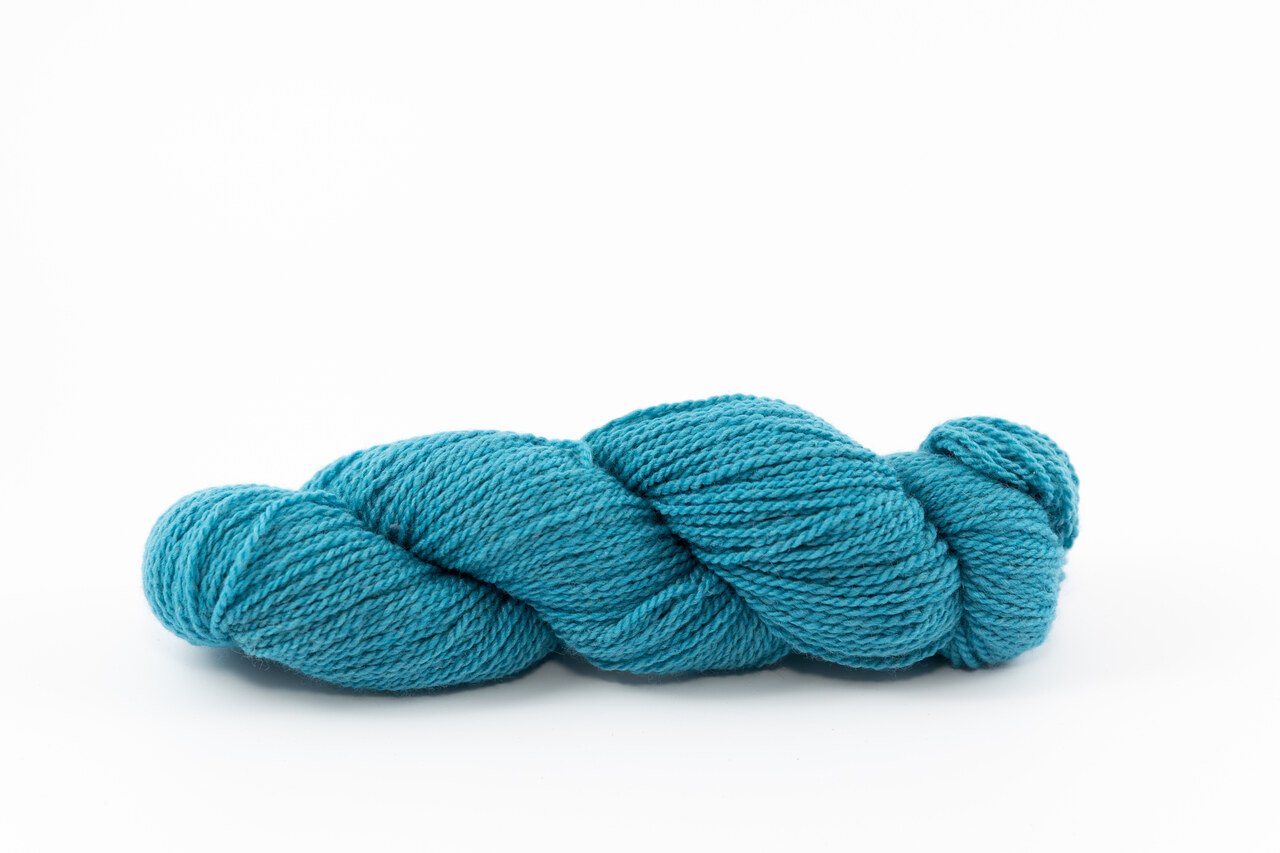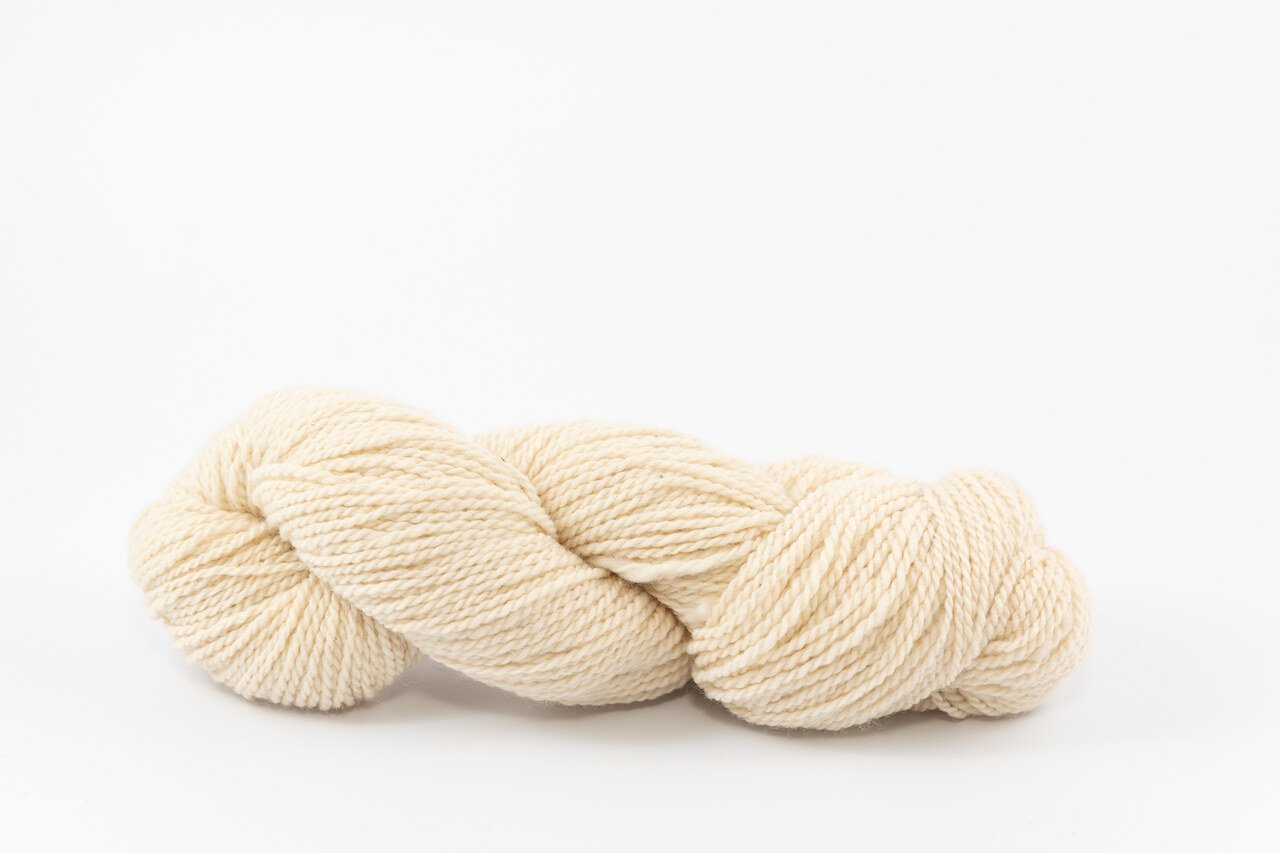 Image 1 of 14
Image 1 of 14

 Image 2 of 14
Image 2 of 14

 Image 3 of 14
Image 3 of 14

 Image 4 of 14
Image 4 of 14

 Image 5 of 14
Image 5 of 14

 Image 6 of 14
Image 6 of 14

 Image 7 of 14
Image 7 of 14

 Image 8 of 14
Image 8 of 14

 Image 9 of 14
Image 9 of 14

 Image 10 of 14
Image 10 of 14

 Image 11 of 14
Image 11 of 14

 Image 12 of 14
Image 12 of 14

 Image 13 of 14
Image 13 of 14

 Image 14 of 14
Image 14 of 14















Merino and Tussah Silk
Colorado Merino meets wild tussah silk, making an exquisite yarn. Wild silk moths live in the wild and are collected in the forests of South Asian countries. Tussah has a natural dark honey color and when mixed with wool provides a lovely golden luster. It provides a nice drape like the traditional Bombyx, and matched with merino makes an overall strong and warm garment.
Content: 80% Colorado Merino 20% Tussah Silk
*Length and Weight:
Fingering: 200 yards / approximately 50 grams
Dk: 200 yards / approximately 60 grams
Bulky: 200 yards / approximately 110 grams
Source: Merino, Cactus Hill Farm; Silk, South Asia
Care: While all fiber has a final washing and is rinsed until the water is clear, some dye may still exist and you may experience some “crocking” - this is when the dye transfers to your hands while knitting. You may also see some bits of leftover raw dye materials in your yarn; this is especially true for yarns dyed with cochineal, sappanwood sawdust, weld plant, and marigold.
Due to the unscientific nature of how I approach natural dying, you may see some “imperfections” in the yarn.
Embrace them.
o maintain the color of your yarn, keep out of direct sunlight for long periods of time and hand wash with a ph neutral soap in cold water.
*Please note: this yarn is made in a small artisan mill where much work is done by hand; yarn weights may vary slightly.
Colorado Merino meets wild tussah silk, making an exquisite yarn. Wild silk moths live in the wild and are collected in the forests of South Asian countries. Tussah has a natural dark honey color and when mixed with wool provides a lovely golden luster. It provides a nice drape like the traditional Bombyx, and matched with merino makes an overall strong and warm garment.
Content: 80% Colorado Merino 20% Tussah Silk
*Length and Weight:
Fingering: 200 yards / approximately 50 grams
Dk: 200 yards / approximately 60 grams
Bulky: 200 yards / approximately 110 grams
Source: Merino, Cactus Hill Farm; Silk, South Asia
Care: While all fiber has a final washing and is rinsed until the water is clear, some dye may still exist and you may experience some “crocking” - this is when the dye transfers to your hands while knitting. You may also see some bits of leftover raw dye materials in your yarn; this is especially true for yarns dyed with cochineal, sappanwood sawdust, weld plant, and marigold.
Due to the unscientific nature of how I approach natural dying, you may see some “imperfections” in the yarn.
Embrace them.
o maintain the color of your yarn, keep out of direct sunlight for long periods of time and hand wash with a ph neutral soap in cold water.
*Please note: this yarn is made in a small artisan mill where much work is done by hand; yarn weights may vary slightly.






























